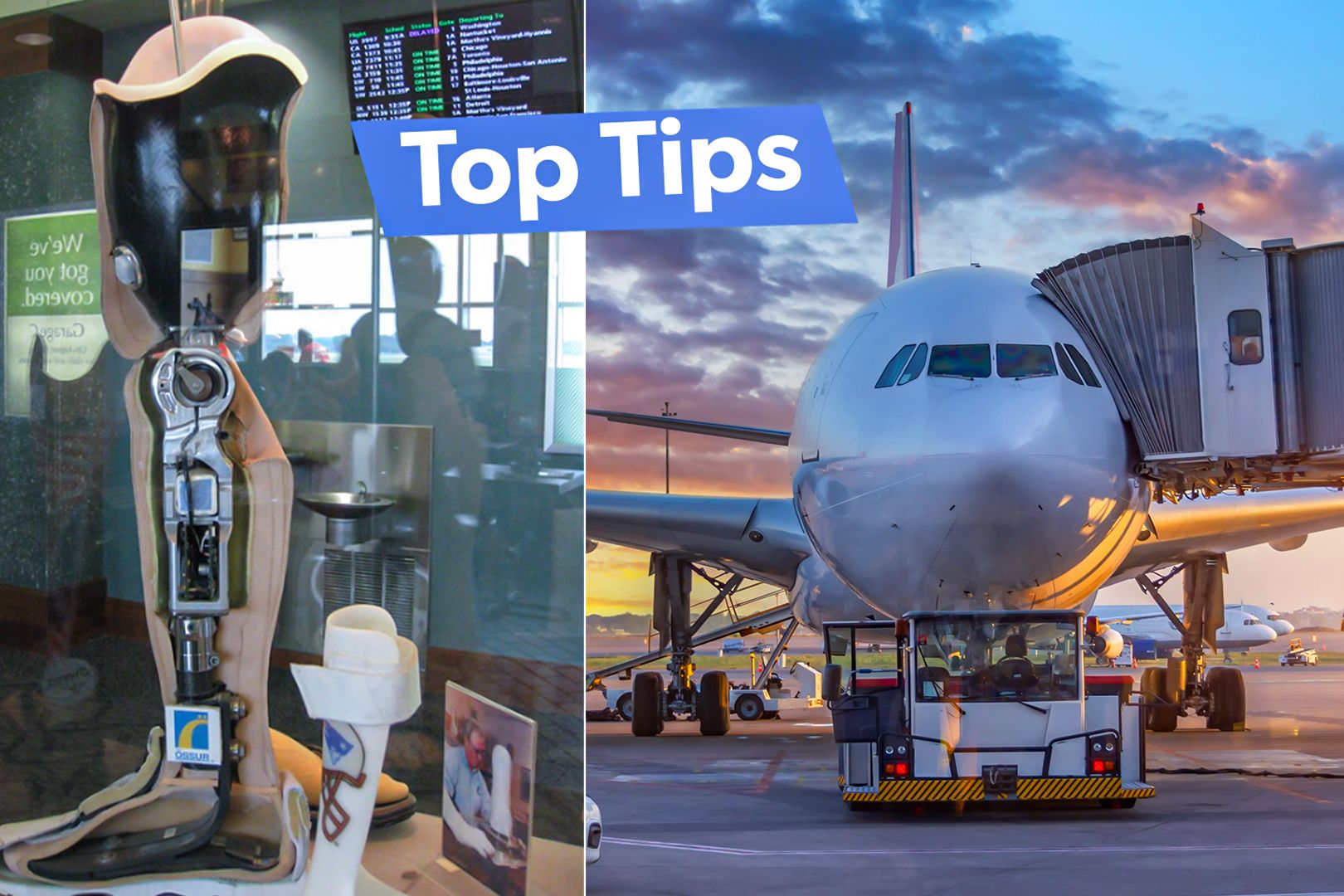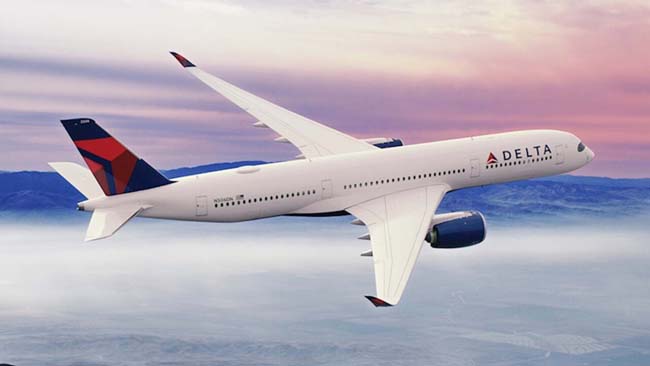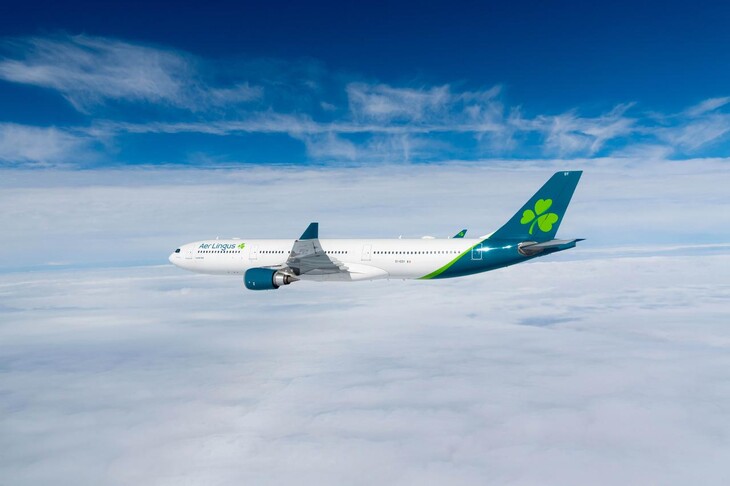Friday, August 16, 2024 In today’s digital age, booking a flight has become easier than ever with the proliferation of online travel platforms and airline websites. However, a recent survey has shed light on a concerning trend, revealing that six out of ten travelers are dissatisfied with the final cost of their airfare. Many feel that airlines are engaging in deceptive online practices that obscure the true cost of their journey.
Travelers report being drawn in by attractively low base fares, only to find the actual price significantly inflated by the time they complete their purchase, thanks to a myriad of hidden fees and charges. This growing dissatisfaction highlights a critical issue in the airline industry’s pricing strategies and raises questions about transparency and consumer protection in the digital marketplace. Deceptive Pricing Strategies Travelers are increasingly voicing concerns about the deceptive pricing strategies employed by airlines.

A survey found that 6 out of 10 travelers felt they ended up paying more than anticipated when booking flights online. This often begins with airlines advertising low fares to attract potential customers. However, as the booking process continues, travelers encounter numerous additional charges.
These extra fees can include charges for selecting a seat, checking bags, in-flight meals, and priority boarding. As a result, the final price paid by the consumer is often significantly higher than the initial advertised fare, leading to a feeling of being misled or deceived. Lack of Transparency The perceived lack of transparency in airline pricing is another major complaint among travelers.
Many customers have reported encountering unexpected fees and charges during the final stages of booking. Airlines often use vague or misleading language to describe these charges, making it difficult for customers to understand what they are paying for. For instance, some fees are listed under ambiguous terms such as “carrier-imposed charges” or “service fees,” leaving customers uncertain about their purpose or necessity.
This lack of clarity not only causes frustration but also erodes trust between the consumer and the airline. Bait-and-Switch Tactics Another deceptive practice involves bait-and-switch tactics, where airlines advertise fares that are not actually available. Customers might select a low-cost option, only to be informed during the checkout process that the fare has increased or is no longer available.
They are then presented with higher-priced alternatives, often leaving them with little choice but to proceed with the purchase. This practice not only inflates the cost of travel but also contributes to a negative perception of the airline industry as a whole. Impact on Consumer Trust The prevalence of these deceptive practices has a significant impact on consumer trust in the airline industry.
Many travelers feel that they are being taken advantage of, which leads to a negative perception of the airlines and the industry as a whole. This lack of trust can influence future travel decisions, with some consumers opting to seek alternative modes of transportation or choosing airlines that prioritize transparency and fair pricing. To maintain customer loyalty and satisfaction, it is crucial for airlines to address these concerns and adopt more transparent and ethical pricing practices.
Regulatory and Industry Responses In response to the growing concerns over deceptive practices, regulatory bodies and consumer advocacy groups have been calling for greater transparency in airline pricing. Some airlines have begun to respond to these concerns by providing clearer breakdowns of fees and charges during the booking process. Others have adopted policies that allow customers to view the total cost of their trip, including all taxes and fees, upfront.
However, the effectiveness of these measures remains to be seen, as many travelers continue to report feeling deceived by the pricing strategies of airlines..



















